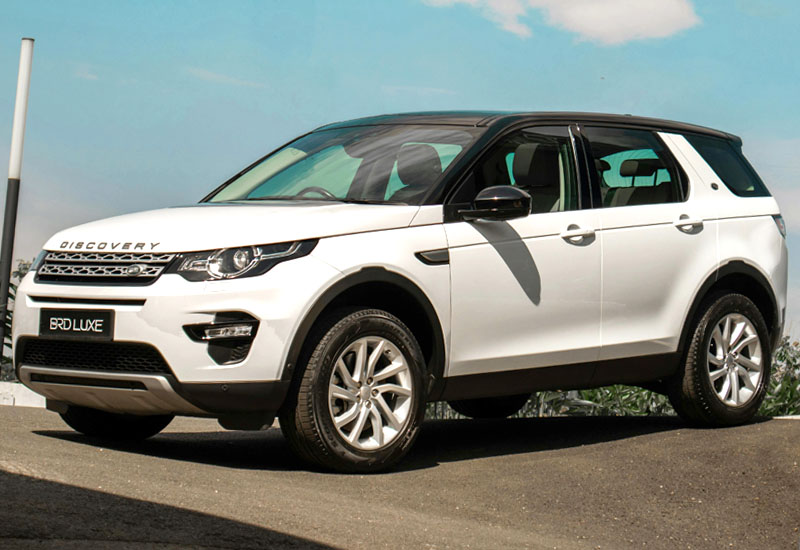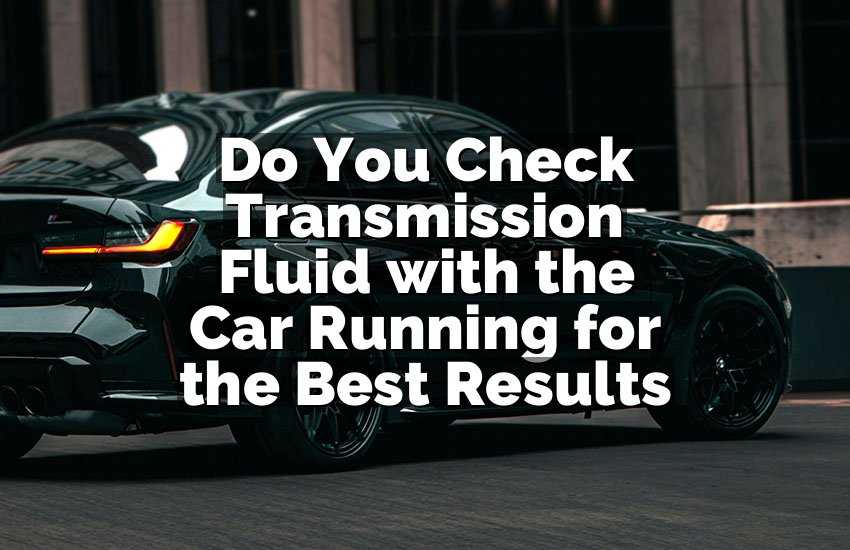We’ve all been there. You walk out to your car, ready to start your day, and—uh-oh!—the car won’t start. It’s dead. You’ve probably heard the term “jumping a car” before, and maybe you’ve even tried it. But have you ever wondered: Does jumping a car drain your battery?
In this article, we’re going to dive deep into the topic of car batteries and jump-starting. I’ll explain what happens to your battery when you jump-start a car, whether it drains your battery, and other related car battery facts. If you’ve got questions about jump-starting your car, or you’ve been curious if it’s bad for your car battery, keep reading!

What Happens When You Jump-Start A Car?
Jump-starting a car involves using another vehicle to give your car’s battery the power it needs to start. This happens when your car’s battery has lost too much charge to start the engine on its own, and you need an extra boost from another car. So, what actually happens when you hook up the jumper cables?
When you connect the jumper cables, one car (the donor car) provides electricity to your car’s battery. The battery in the donor car sends electricity through the cables into your car’s battery. This sparks a reaction that gets your car’s engine going again. Now, here’s where things get interesting: Jumping a car temporarily adds more power to the battery, but it doesn’t charge the battery fully. The charging system in your car (alternator) will eventually do the job once the engine is running.
How Does Jump-Starting Affect Your Car Battery?
Jump-starting your car can have both short-term and long-term effects on your car battery, but it’s not something that will drain your battery right away. In the short term, it will simply give your car enough juice to start, and your alternator will take over from there, slowly recharging the battery as you drive.
However, if your battery keeps dying and you frequently jump-start your car, you might want to think about replacing the battery or checking the alternator. A constantly drained battery could indicate something isn’t working properly, like an alternator that’s not charging the battery as it should.
Will Jumping a Car Drain the Donor Car’s Battery?
It’s natural to wonder if using another car to jump-start your own could drain their battery. The good news is, no, it won’t drain their battery in most cases. Car batteries are designed to handle the load of jump-starting another vehicle without any major issues.
However, there are a few important factors to consider. If the donor car’s battery is weak or already low on power, then trying to jump-start another car may put additional strain on it. If the donor car is healthy, though, it should have no problem helping you out without draining its own battery.
Does Jump-Starting a Car Damage Your Battery?
You might be wondering: Does jump-starting your car cause any harm to your battery? The short answer is no, not really. Jump-starting your car is not likely to cause any permanent damage to your battery as long as you do it correctly. But there are some things to keep in mind to avoid issues.
What Can Go Wrong When Jump-Starting a Car?
If you don’t follow the correct procedure, there’s a chance that something could go wrong during the process, which could potentially damage your battery or even other parts of your car.
For example, if the jumper cables are connected in the wrong order, or if there’s a short circuit, you could end up damaging sensitive parts of your car’s electrical system. Always make sure to connect the cables in the correct order: first, positive to positive, then negative to a metal part of your car (like a bolt on the engine block).
Also, never let the cables touch each other while you’re trying to jump-start the car. If the cables do touch, you could cause a spark that might damage your battery or other electrical components.
Can Jump-Starting a Car Wear Out Your Battery Over Time?
Repeatedly jump-starting your car when it’s constantly dead can put some wear on the battery, especially if the battery is old or not in good condition. Your car battery is designed to work within certain limits, and jumping it over and over could put extra stress on it.
If your car battery is regularly needing a jump-start, it’s a good idea to have it tested. A battery test will tell you if the battery needs to be replaced, or if there’s another issue (like with the alternator) that could be causing the problem.
What About the Alternator?
If you’re jump-starting your car often, there could be an underlying issue with your alternator. The alternator is responsible for keeping your car battery charged while the engine is running. If the alternator isn’t working correctly, the battery won’t be able to recharge properly, and you’ll keep running into issues where your car won’t start.
If you’ve already replaced your battery and are still having problems, it’s a good idea to get your alternator checked out. A faulty alternator could be preventing your battery from getting the power it needs.
Is Jump-Starting the Same as Charging a Battery?
Although both jump-starting and charging involve providing power to the battery, they work differently. Jump-starting gives the car a quick burst of power, enough to get the engine running. Charging the battery, on the other hand, provides a more consistent flow of energy to the battery over time, allowing it to recharge fully.
How Do You Know If Your Battery Needs Charging?
If your car battery is struggling to hold a charge or is frequently dead, it might need a full charge. You can charge it with a battery charger, which will slowly recharge the battery until it’s fully powered again. If you’re constantly finding yourself jump-starting the car, it could be a sign that the battery isn’t holding a charge well anymore.
Can You Charge a Battery After Jump-Starting?
Yes, you can charge the battery after jump-starting the car. In fact, it’s a good idea to drive the car around for a while after jump-starting to give the alternator a chance to recharge the battery. But keep in mind that jump-starting alone will not charge the battery fully; the alternator does the work of charging the battery once the engine is running.
If your battery is in good condition, it should recharge over time as you drive. However, if your battery keeps needing jump-starts, it might be time to replace it.
Final Thoughts
I hope this article helped you understand what happens when you jump-start a car and how it affects your battery. Jump-starting a car isn’t something that should drain your battery immediately, but it’s important to know the signs of a bad battery or alternator. If you find yourself needing a jump-start frequently, it might be a good idea to have your car checked out.
Frequently Asked Questions
Is it bad to jump-start a car often?
Jump-starting your car frequently isn’t ideal, especially if the battery continues to die. It could be a sign of an issue with the battery or alternator.
Can jump-starting a car damage your alternator?
Jump-starting your car generally won’t damage your alternator, but if your alternator is already weak or faulty, it could put extra strain on it.
Do I need to replace my battery after jump-starting my car?
Not necessarily, but if your battery frequently requires jump-starts, it may be time to have it tested. If it’s old or damaged, you may need to replace it.
Is it safe to jump-start a car by myself?
Yes, it’s safe to jump-start a car on your own, but make sure to follow the correct procedure and use jumper cables carefully to avoid damaging your car.
Can I use any car to jump-start my car?
Yes, you can use almost any car to jump-start your vehicle, as long as the donor car’s battery has enough charge to help your car start.
Is it okay to jump-start a car with the engine off?
It’s best to jump-start a car with the engine running in the donor car, as it ensures enough power is being sent to the dead battery.
Do I need to leave the donor car running while jumping my car?
Yes, the donor car should be running while you jump-start your car. This ensures that enough power is being transferred to your battery.
Can jump-starting a car hurt my car’s electrical system?
If done incorrectly, jump-starting can cause a spark or short circuit, potentially damaging your electrical system. Always follow the proper jump-starting procedure.


